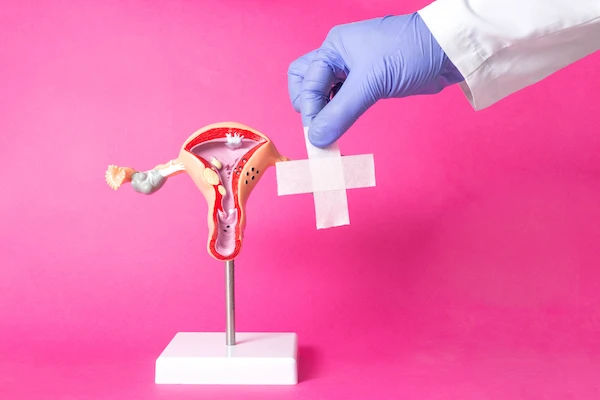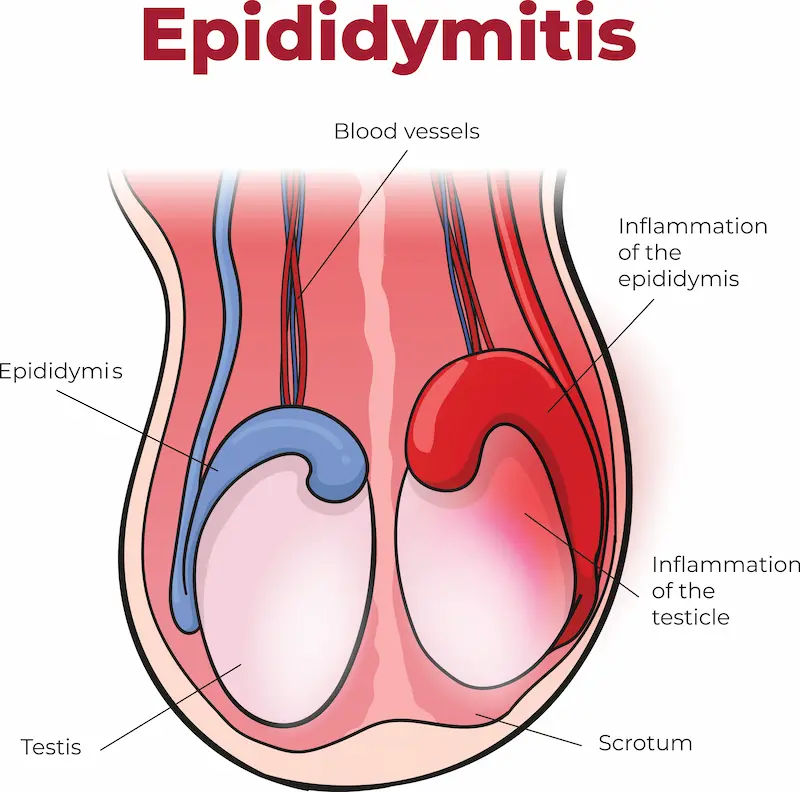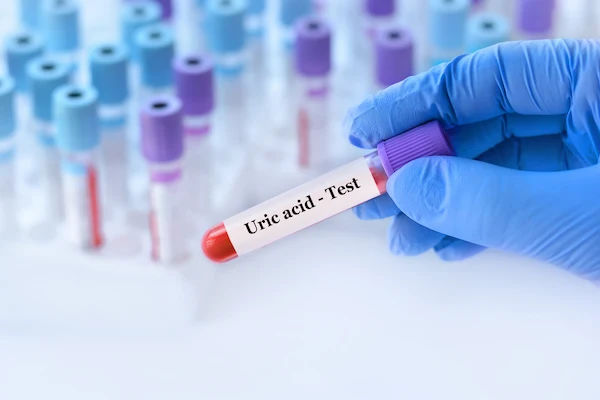Understanding Coronary Artery Bypass Grafting
Understand Coronary Artery Bypass Grafting (CABG), a surgical procedure used to treat blocked heart arteries. Learn about its purpose, process, recovery, and how it helps improve heart function and reduce chest pain.

Written by Dr. Siri Nallapu
Reviewed by Dr. Rohinipriyanka Pondugula MBBS
Last updated on 31st Aug, 2025
.webp?tr=q-80,f-webp,w-350,dpr-2,c-at_max 700w)
Heart health is crucial for a long and active life, but sometimes, our arteries, the blood vessels that supply oxygen-rich blood to the heart can become blocked. When this happens, a procedure called Coronary Artery Bypass Grafting (CABG) may be needed to restore proper blood flow. If you or a loved one has been advised to undergo CABG, you might have questions about what it is, why it’s needed, and what to expect. This article will help you understand the procedure in simple terms and provide guidance on recovery and lifestyle changes.
What is Coronary Artery Bypass Grafting (CABG)?
Coronary Artery Bypass Grafting, often called bypass surgery, is a procedure that helps improve blood flow to the heart when one or more coronary arteries are blocked. The surgeon takes a healthy blood vessel (usually from the leg, arm, or chest) and connects it around the blocked artery, creating a new pathway for blood to reach the heart muscle.
Think of it like a detour on a road, when a main route is blocked, traffic is redirected through an alternate path to keep things moving smoothly. Similarly, CABG helps blood bypass the clogged artery, ensuring the heart gets the oxygen and nutrients it needs.
Consult top Cardiologist
Why is CABG Needed?
The heart needs a steady supply of oxygen-rich blood to function properly. When coronary arteries become narrowed or blocked due to atherosclerosis (a buildup of fatty deposits called plaque), blood flow is reduced, leading to:
Chest pain (angina) – A feeling of pressure or tightness in the chest.
Shortness of breath – Difficulty breathing, especially during physical activity.
Heart attack – If a blockage completely cuts off blood flow, part of the heart muscle can be damaged.
CABG is often recommended when:
Medications or lifestyle changes aren’t enough to relieve symptoms.
Multiple arteries are blocked.
The left main coronary artery (a major artery) is severely narrowed.
Other treatments like stents aren’t suitable.
What Happens During CABG?
CABG is a major surgery performed under general anesthesia. Here’s a simplified breakdown:
1. Preparation – Before surgery, tests like an angiogram (a special X-ray of the heart’s arteries) are done to locate blockages.
2. Harvesting the Graft – A healthy blood vessel (usually from the leg, arm, or chest) is taken to create the bypass.
3. Bypassing the Blockage – The surgeon attaches one end of the graft before the blockage and the other end after it, allowing blood to flow around the clogged artery.
4. Recovery – The heart is restarted (if stopped during surgery), and the chest is closed.
There are two main types of CABG:
On-pump CABG – The heart is temporarily stopped, and a machine takes over pumping blood.
Off-pump CABG – The heart keeps beating while the surgeon operates.
Your doctor will decide which method is best for you.
Recovery After CABG
Recovery takes time, but with proper care, most people return to normal activities within 6-12 weeks. Here’s what to expect:
Hospital Stay (5-7 days)
You’ll spend the first day or two in the ICU for close monitoring.
Tubes (for drainage and IV fluids) will be removed as you recover.
You’ll be encouraged to walk gently to improve circulation.
Home Recovery
Rest & Gradual Activity – Avoid heavy lifting or strenuous exercise initially. Walking is encouraged.
Incision Care – Keep the surgical area clean and dry to prevent infection.
Pain Management – Mild pain is normal; take prescribed medications as directed.
Follow-Up Visits – Regular check-ups ensure proper healing.
Cardiac Rehabilitation
Many hospitals offer cardiac rehab, a supervised program that includes exercise, education, and emotional support to help you regain strength and reduce future heart risks.
Lifestyle Changes for a Healthy Heart
CABG is a life-saving procedure, but long-term heart health depends on lifestyle changes:
1. Eat Heart-Healthy Foods
More fruits, vegetables, whole grains, and lean proteins.
Less salt, sugar, and unhealthy fats (like fried foods).
Omega-3-rich foods (like fish, flaxseeds) help lower cholesterol.
2. Stay Active
Start with short walks and gradually increase activity.
Aim for 30 minutes of moderate exercise (like brisk walking) most days.
3. Quit Smoking
Smoking damages blood vessels and increases heart risks. Seek help to quit if needed.
4. Manage Stress
Practice relaxation techniques like deep breathing, meditation, or yoga.
5. Take Medications as Prescribed
Blood thinners, cholesterol-lowering drugs, or blood pressure medications may be needed to prevent future blockages.
When to Seek Help
Call your doctor if you experience:
Fever or excessive swelling at the incision site.
Severe chest pain or shortness of breath.
Irregular heartbeat or dizziness.
Need expert advice? You can book a consultation with a heart specialist on Apollo 24|7 for personalized guidance. Your heart deserves the best care!
Conclusion
Coronary Artery Bypass Grafting is a highly effective treatment for severe heart blockages, helping patients live longer, healthier lives. While the surgery is a big step, recovery is manageable with proper care and lifestyle adjustments. If you or someone you know has heart disease symptoms, consult a cardiologist to explore the best treatment options.
Consult top Cardiologist
Consult top Cardiologist

Dr. Tripti Deb
Cardiologist
40 Years • MBBS, MD, DM, FACC, FESC
Hyderabad
Apollo Hospitals Jubilee Hills, Hyderabad

Dr. Anand Ravi
General Physician
2 Years • MBBS
Bengaluru
PRESTIGE SHANTHINIKETAN - SOCIETY CLINIC, Bengaluru

Dr. Zulkarnain
General Physician
2 Years • MBBS, PGDM, FFM
Bengaluru
PRESTIGE SHANTHINIKETAN - SOCIETY CLINIC, Bengaluru
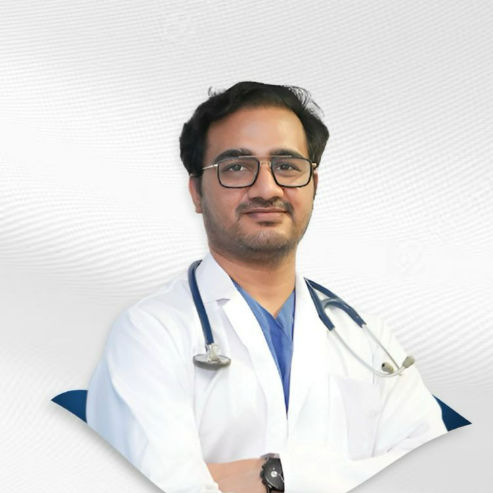
Dr. Janjirala Seshivardhan
Cardiologist
7 Years • MBBS,DNB(GM),DM(Cardiology)
Manikonda Jagir
Apollo Clinic, Manikonda, Manikonda Jagir
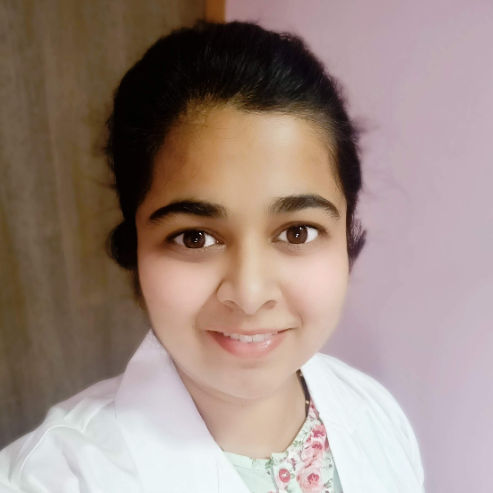
Dr Nazneen Khan
Cardiologist
7 Years • M.B.B.S, M.D (MEDICINE), DrNB CARDIOLOGY
Pune
Apollo Clinic, Viman Nagar, Pune

